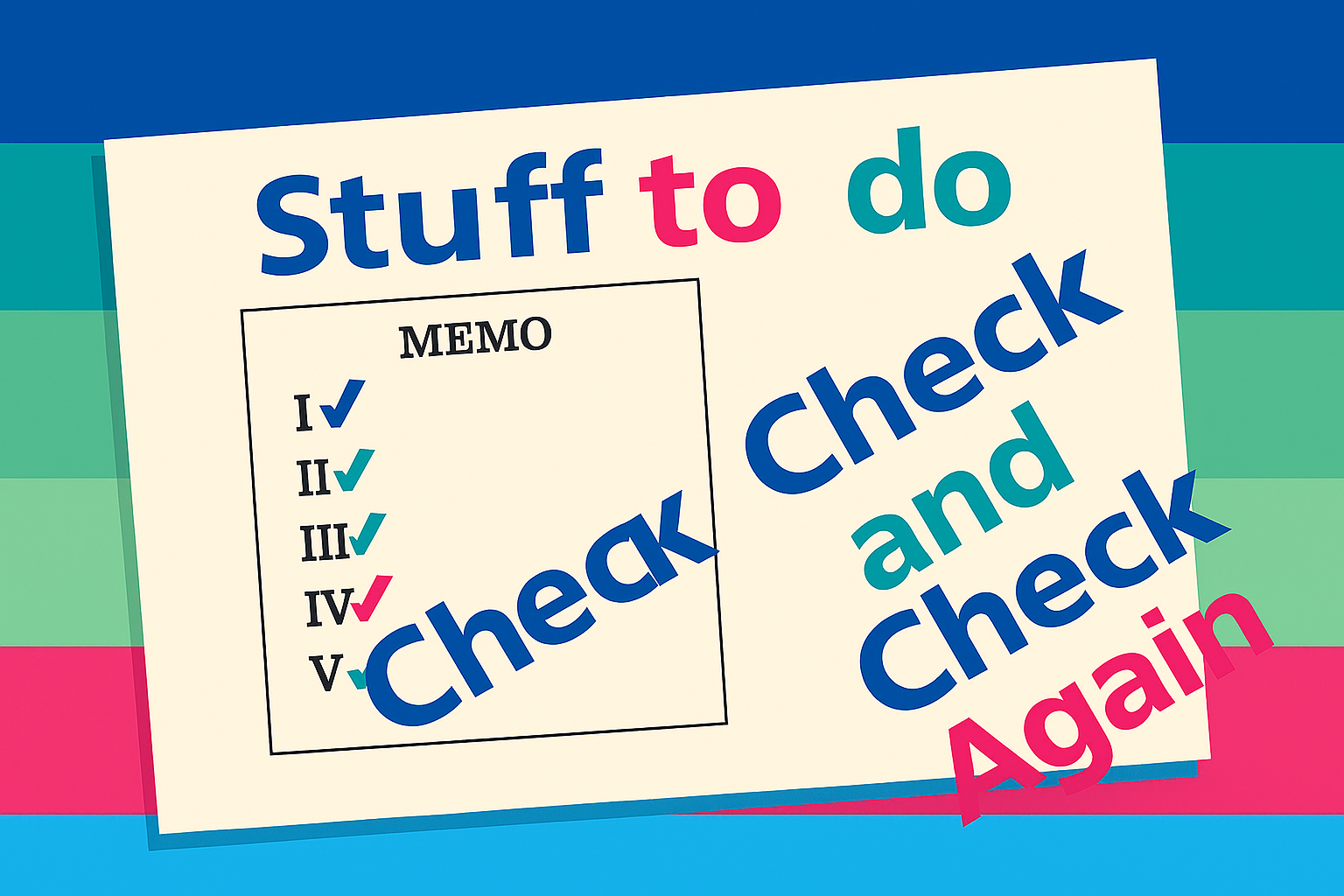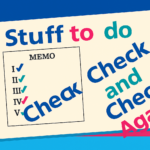It is common knowledge that a Non-Disclosure Agreement (NDA) does not provide absolute protection of a company’s intellectual property or other proprietary information. Unfortunately, many business owners are not advised with sufficient detail as to (1) why an NDA is insufficient and (2) how to keep an NDA enforceable.
Receiving poor or no advice concerning NDAs can be fatal to a business. Just think how quickly a company could be ruined by the public disclosure of confidential information.
NDA Insufficiencies
Not everything is Confidential. Boilerplate catchphrases that encompass every single type of information detract from the ability to enforce an NDA. The reason is simple. If dinner plans, publicly available information, and strategic information all receive the same level of protection, then it is difficult to justify any document or information is more or less deserving of protection.
Tip #1: A failure of elemental communication can be very costly. Business owners need to share this granular information to best protect themselves. Attorneys need to explain to clients why this is necessary.
Permitted Purpose. The permitted purpose is key to an NDA: it defines the scope of coverage of the agreement. Therefore, it must be drafted with great care but be broad enough to cover future arrangements between parties. All to often a court will hold that additional flows of information are not covered by the initial NDA.
Maintaining Enforceability of Your NDA
Monitor Compliance. Imagine this scenario: After spending hundreds of thousands of dollars in legal fees you are asked at trial: What did you do to ensure compliance with this NDA? Other NDAs? After stammering for thirty seconds, your answer to both questions is “Nothing.”
This answer leads to only one logical conclusion: the Confidential Information was not important or valuable. After all, your company dedicated no resources to protect it. This simple logic can be impossible to refute.
Tip #2: Choose someone within the set of people who have access to Confidential Information to verify compliance with confidentiality safeguards on a periodic basis.
Confidential Information Management. Sometimes an NDA will not specify what happens to confidential information at the end of the term. (This is obviously problematic.) However, more commonly NDAs require the destruction or return of all materials. This is acceptable as long as a there is a “carve out” permitting the retention of materials to act in accordance with statutory or other legal requirements. For example, financial information might need to be retained in order to comply with potential audits or taxation compliance.
A Final Note
NDA’s are often entered into quickly to solidify a relationship and to begin formal negotiations. All to often a boilerplate NDA will be signed without careful review. This could prove detrimental.
Tip #3: Hiring an unqualified attorney (often a family member or friend) could be a breach of a director’s or officer’s fiduciary duty and, therefore, create personal liability.)
David Seidman is the principal and founder of Seidman Law Group, LLC. He serves as outside general counsel for companies, which requires him to consider a diverse range of corporate, dispute resolution and avoidance, contract drafting and negotiation, real estate, and other issues. He can be reached at david@seidmanlawgroup.com or 312-399-7390.
This blog post is not legal advice. Please consult an experienced attorney to assist with your legal issues.














